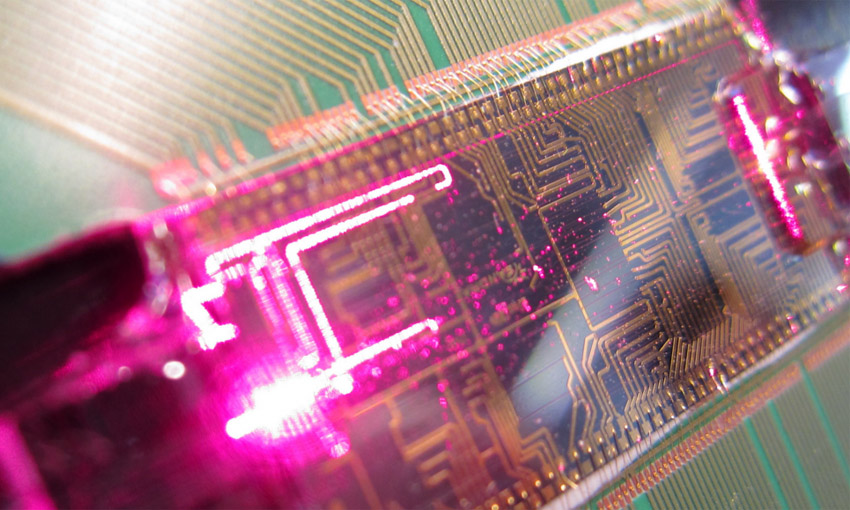

Do you use social media to stay connected with family and friends? Do you entertain yourself with virtual games and online videos? Have you ever ordered food or clothes for home delivery? If the answer to any of these questions is yes, then you're already living in cyberspace!

Copyright: Photon Delta
Do you use social media to stay connected with family and friends? Do you entertain yourself with virtual games and online videos? Have you ever ordered food or clothes for home delivery? If the answer to any of these questions is yes, then you're already living in cyberspace! Cyberspace is a virtual world of endless possibilities, but unfortunately, there are people who use it with bad intentions. We're talking about hackers individuals who find ways to eavesdrop on our private conversations and steal our information in order to gain money, power, or simply to cause chaos. Fortunately, we have many tools that protect us from hacker attacks, such as using passwords and encrypting messages. With these tools, and by staying aware of the risks, we can use cyberspace safely.
As researchers, we have the responsibility to look for weaknesses in cyberspace that no one has ever discovered before. We need to be quick in finding these vulnerabilities and fixing them before hackers notice them! But there is one threat for which we still haven't found a solution: the quantum computer. A quantum computer is far faster than any other computer so fast that it can easily guess our passwords or decrypt our messages. Therefore, if a hacker were to get hold of a quantum computer, no one would be safe in cyberspace. There isn't one in existence yet, but some companies are already working to build one, and we're getting closer to that reality every day.So we must hurry to create new protection tools before they succeed!
The answer to this great challenge might be light. The microchips inside mobile phones, computers, and all digital devices operate using electricity. However, researchers are developing new chips that work with light. The advantage of light is that nothing can travel faster not even a quantum computer. For this reason, at IMSE (Institute of Microelectronics of Seville), we are developing photonic chips (photon means light in Greek) that generate secret keys impossible to guess, which could replace today's passwords and encryption systems. This will make it possible to keep private conversations and verify our identity even when hackers are using quantum computers. When the first quantum computer appears in the future and your activity in cyberspace remains secure, you'll know we've done our job well. But you are also a key part of cybersecurity, so follow our progress on social media and stay informed!
The SQPRIM project (Secure Post-Quantum Cryptographic Primitives) is funded by the European Union through the Marie Sklodowska-Curie Actions (MSCA-PF-2022) under Grant Agreement No. 101105985. This project is being carried out at the Institute of Microelectronics of Seville, IMSE-CNM, a joint center of the Spanish National Research Council (CSIC) and the University of Seville, by researchers Piedad Brox and David Martín Sánchez.
#EUfunded #MSCActions #MSCA #HorizonEU
Instituto de Microelectrónica de Sevilla
July 16, 2025